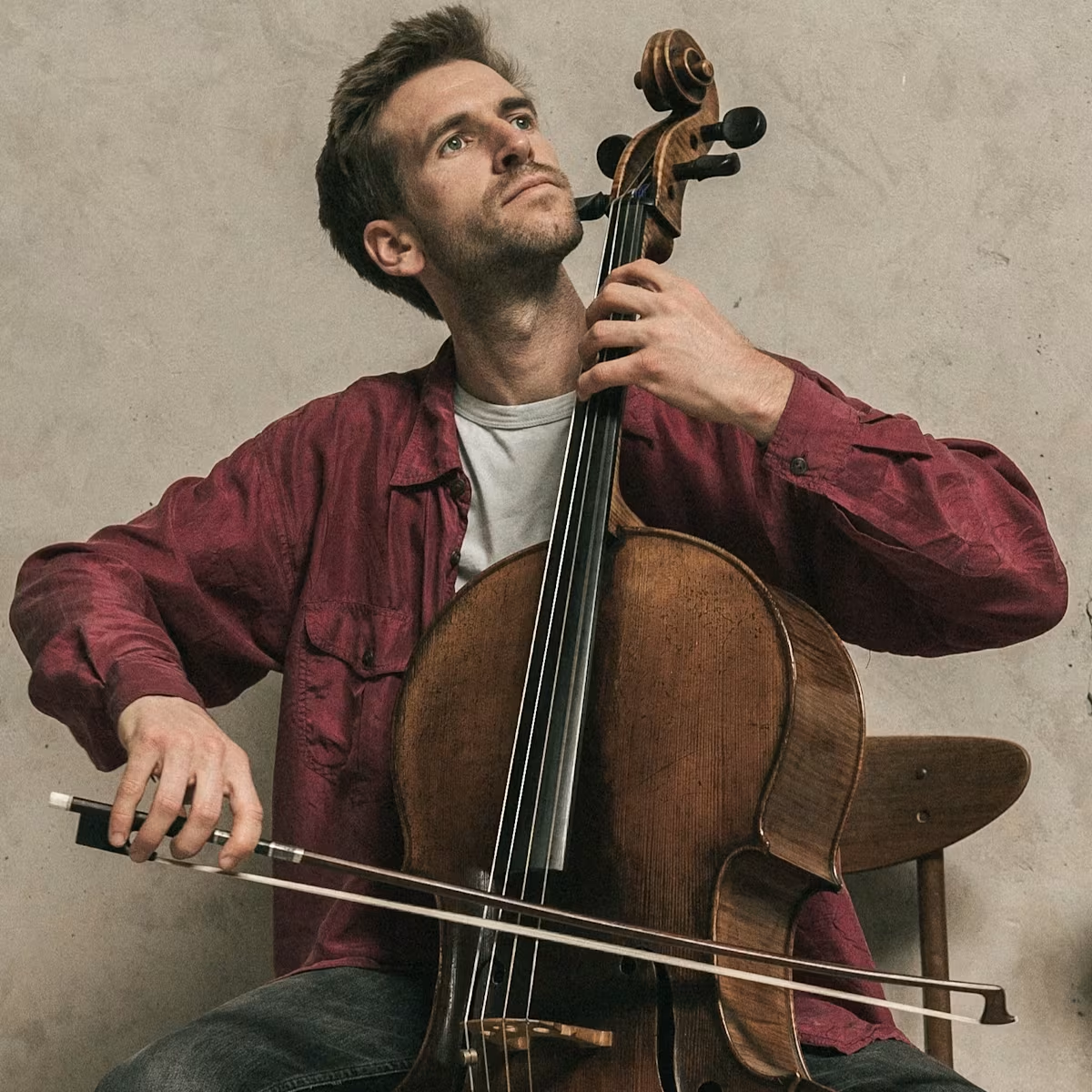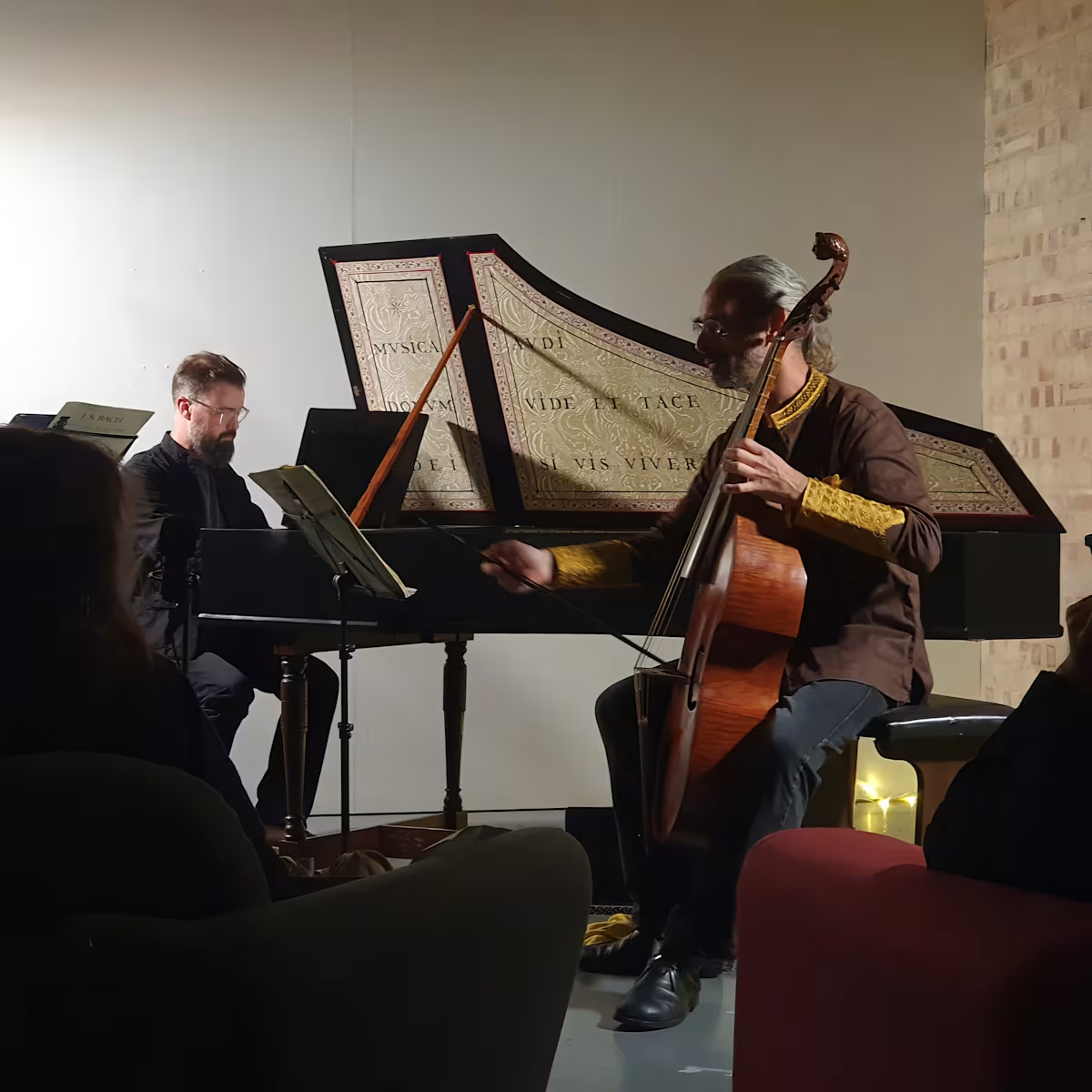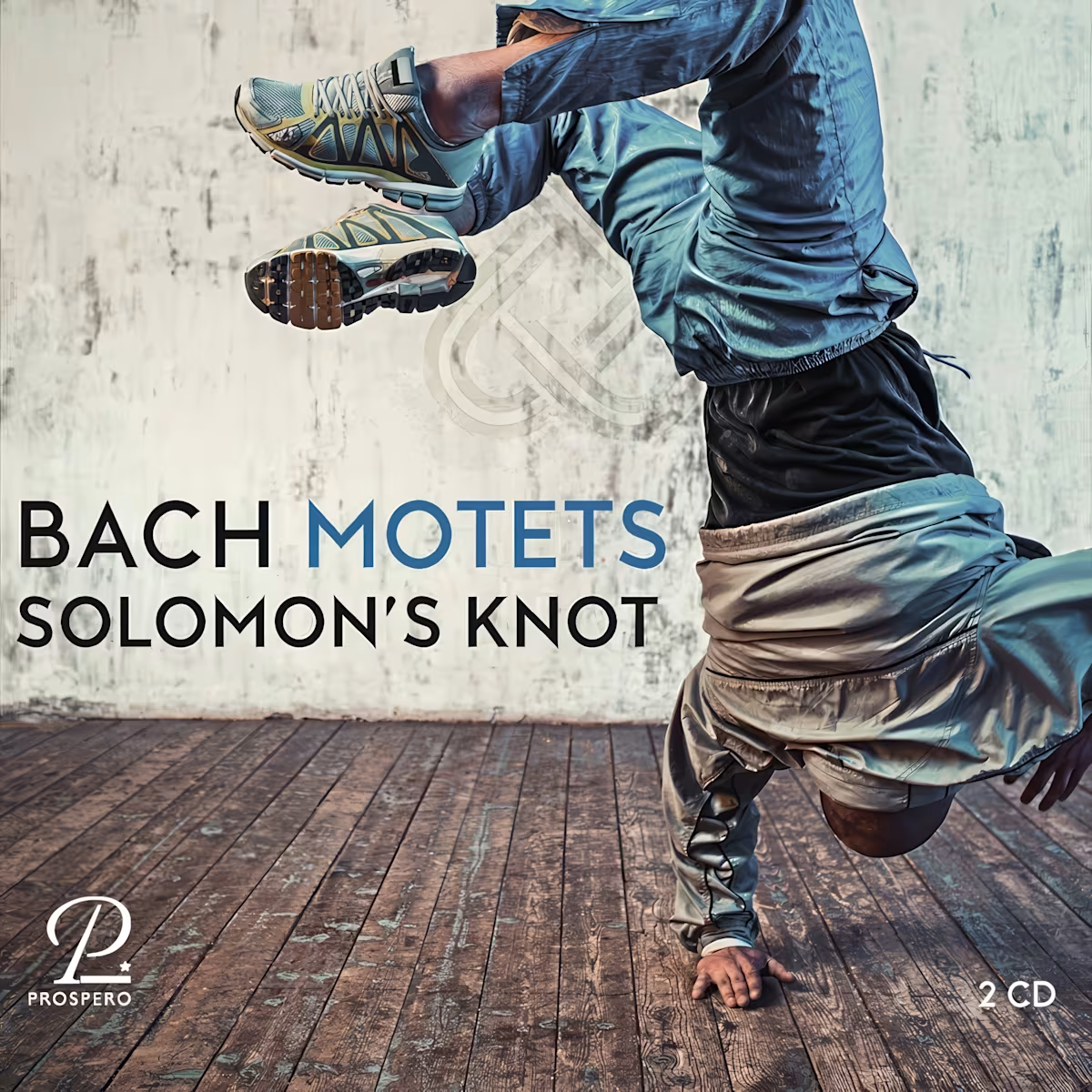Spotlight
In conversation: Rachel Podger
Continuo Connect meets superstar of the Baroque violin, Rachel Podger
Share this

Rachel Podger, the "unsurpassed British glory of the baroque violin", (The Times) has established herself as a leading interpreter of the Baroque and Classical. She was the first woman to be awarded the prestigious Royal Academy of Music/Kohn Foundation Bach Prize in October 2015, Gramophone Artist of the Year 2018, and the Ambassador for REMA’s Early Music Day 2020. A creative programmer, Rachel is the founder and Artistic Director of the Brecon Baroque Festival and her ensemble Brecon Baroque; she is Principal Guest Director for Tafelmusik for the 24-25 and 25-26 seasons, Artist in Focus at Kings Place for 23-24, is Patron for Continuo Foundation and an Ambassador for the Learned Society of Wales. Rachel is the 2023 BBC Music Magazine Recording of the Year and Instrumental Award winner for her solo album Tutta Sola, which also won an Opus Klassik Solo Instrumental award.
What is your idea of perfect happiness?
Experiencing the view from the top of a mountain after a good hike! Especially in good weather when the view can actually be seen… which is not always the case in Wales, where I live.
What is your greatest fear?
Losing a limb, especially upper body…
What is your superhero ability?
Ha! Not sure I have one of these, but I do enjoy the challenge of turning negatives into positives.
What are your hobbies and interests beyond music?
Walks with my dog, quality time with my girls, yoga, house plant tending, discovering things I don’t know anything about (and there’s masses of those), reading, historical novels, thriller movies, swimming…
What is it that you most dislike?
Hmmm, I guess things like arrogance, sense of entitlement, lack of awareness and selfishness.
What’s so special about performing early music?
Playing any kind of music requires attention to the intentions of the composer, but I’d say in music of the 17th and 18th centuries where the vocabulary of the style and language is taken for granted, it goes beyond carrying out anything learned; however many stylistic rules there are, there is space to improvise between the notes. What I love about it most is that as a performer you have the freedom to tell a unique story to every concert audience, thereby making it a fresh message every time. As C.P.E. Bach advises:
A musician cannot move others unless he too is moved
What is your earliest musical memory?
It depends on what is considered “early” as I could go as far back as the womb! My mother sang and played the cello while she was pregnant with me - a lot of Bach, I reckon!
Who is your favorite composer, and why?
Has to be J.S. Bach… the perfect lift to the spirits and engaging on all levels: intellectually, emotionally and spiritually, in fact physically too, as, however hard his music is, I find it really satisfying and enriching to play.
How has classical music influenced your life outside music?
I suppose my ears are extremely sensitive to variations in sound, pitch and timbre and I’m acutely aware of sounds in nature particularly. I find noisy places hard to tolerate, and I do appreciate silence so much!
Can you describe the feeling of truly understanding a complex piece of music?
Ah - well that’s just the best really. I can’t compare it to anything else. Complete immersion and understanding of something complex is unbeatable.
Do you have a lucky charm or ritual that you follow before performances?
Not as such, but I do breathing and yoga exercises and what I call BOGA (bow-yoga!)
Can you describe a particularly challenging or rewarding moment in your musical journey?
Managing to get to a concert in London to play a Mozart violin concerto when snowed-in in the Cotswolds, first by trudging through the snow in borrowed boots with my violin on my back and suitcase on a sledge some distance towards a cleared road, then a very slow ride in a taxi (with winter tyres), and finally after a long cold wait a train to London and a walk through the snow to the venue! The concert had already started, mind you with not much of the audience, and also some players missing who physically couldn’t make it, but the music felt all the more heartfelt and triumphant!
If you could meet anyone from the past, who would it be?
I’d love to have met Mozart and listened to him improvise on the piano; I reckon there was probably never a dull moment to be had!
Can you tell us a joke?
Why didn’t Handel go shopping? Because he was BAROQUE 😂
Share this
Keep reading

In conversation: George Ross
Continuo Connect meets George Ross, a British cellist specialising in period performance and founder member of the Consone Quartet.

Jan Zahourek and ZAREKtrio
ZAREKtrio presents "Bs and Bees:" Performing works by Buxtehude and Bach in unique venues, they intersperse baroque music with poetic musings on bees.

Bach Motets
Solomon's Knot's CD features JS Bach's complete motets, recorded at Arnstadt’s Bachkirche, highlighting the influence of his family's musical tradition.

